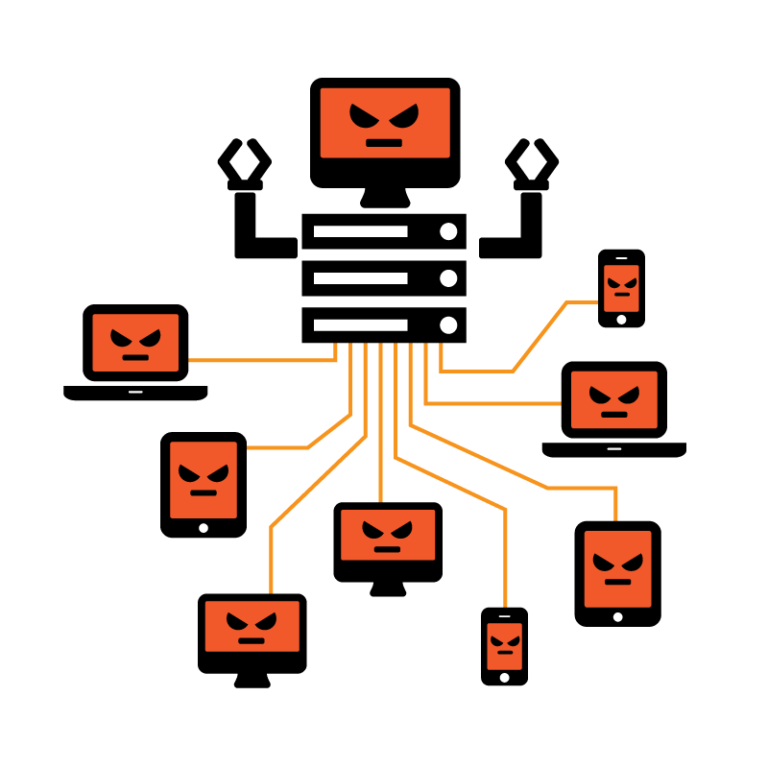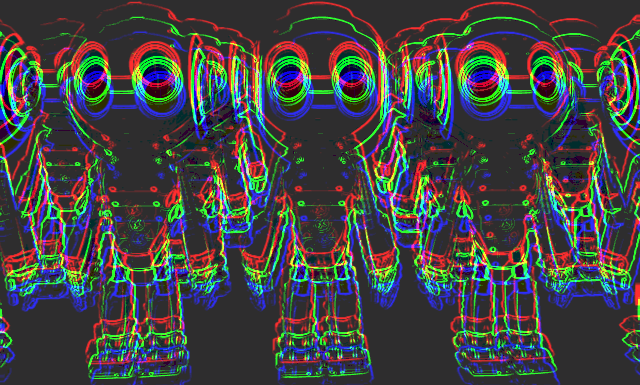 |
BOTNETSBotnets are widely regarded as one of the most serious threats to the internet. This page will discuss their capabilities as well as how they are managed. |
|---|
How to Protect Yourself from Botnets
|
 |
|---|
Botnet |
Leonardo Guanci |
|
|---|

